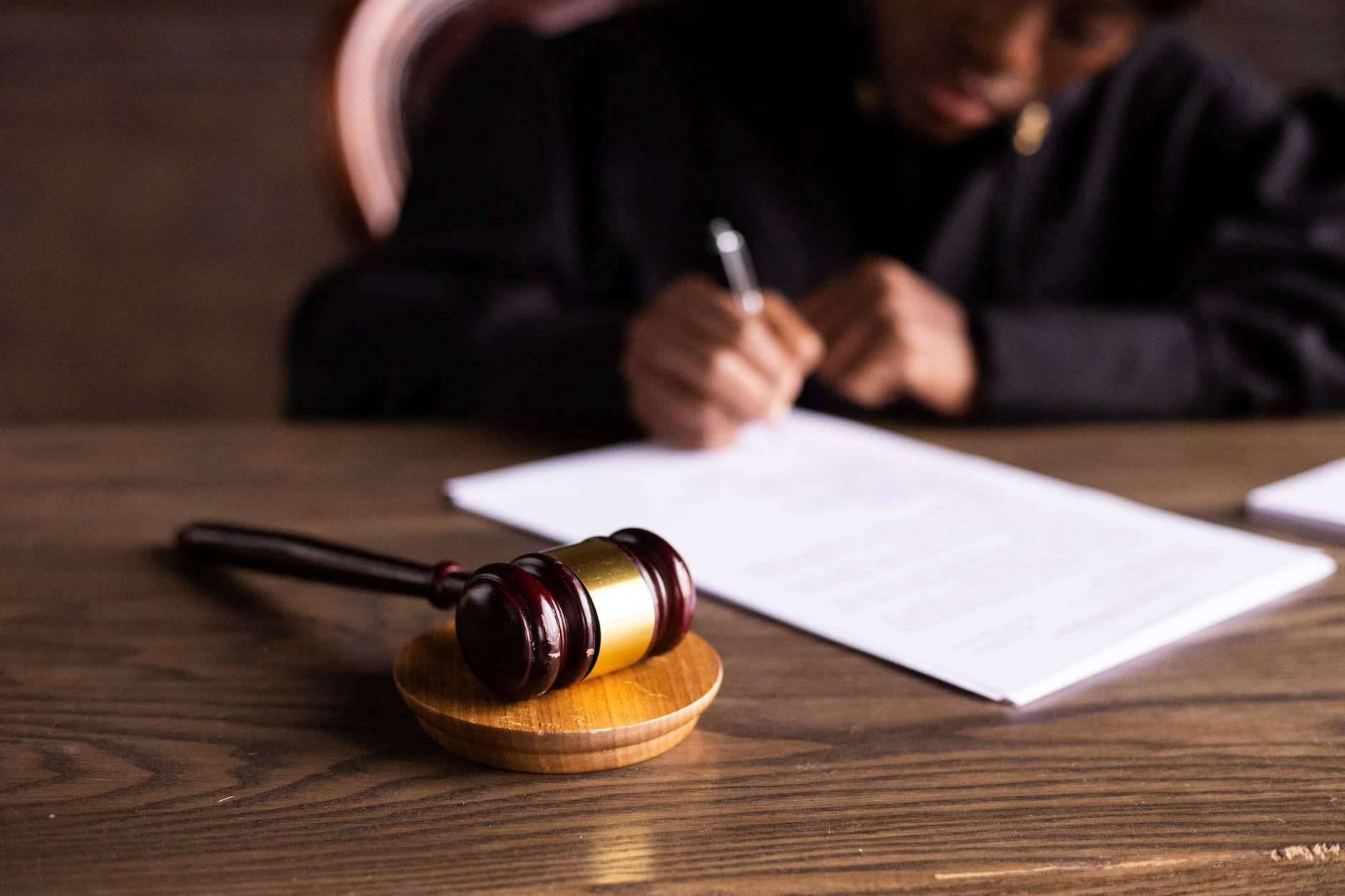
Understand the Differences between Actual and Constructive Possession of Controlled Substances
Actual vs Constructive Possession: What is the difference?
The law recognizes different types of possession.
“Actual possession” means the defendant knowingly had direct physical control over an object.
“Constructive possession” means the defendant, although not actually possessing an object, knowingly exercised dominion or control over it, either acting alone or through another person. “Dominion or control” means either actual ownership of the object or power over it. Constructive possession may be proven by direct or circumstantial evidence.
Understanding the difference between these two types of legal possession of an object, like illicit drugs, is essential to understanding a potential criminal case. The criminal justice system can be full of confusing legal terms (legalese). This is one of the reasons an experienced criminal defense attorney is crucial to having a shot at beating a charge. Jack Litwak of The Litwak Law Firm has dedicated his career to fighting for those being charged by the justice system. If you’ve been charged with a misdemeanor or felony drug possession charge, contact our firm today for a consultation.
Overview of different types of possession
Possession, in legal terms, refers to the control or ownership of an object. The law recognizes two main types of possession: actual and constructive.
Both actual and constructive possession may be sole or joint. “Sole possession” means the defendant, acting alone, had actual or constructive possession of an object. “Joint possession” means the defendant and one or more persons shared actual or constructive possession of an object.
Actual possession is when the defendant physically has the object in their possession, meaning they have direct physical control over it. This means they are aware of having the object and have it in their possession.
Constructive possession, on the other hand, is when the defendant does not have the object in their physical possession but they have control over it. This control can be established through ownership or the power to control the object. This type of possession can be proven through either direct or circumstantial evidence.
What is Actual Possession?
Actual possession, in the context of the law and controlled dangerous substances, refers to the direct physical control of an illegal substance by a person. For example, if an individual has a controlled substance in their pocket, they are said to be in actual possession of the drug. This type of possession is typically easier to prove in court as it involves direct physical evidence of the illegal substance being in the defendant’s control. This however does not mean there is no possible defense to someone’s case.
In the context of illicit controlled substances, actual possession can result in criminal charges and penalties. The severity of the penalties can range from fines and probation to imprisonment. Arizona has an intricate legal code related to controlled substances and their charges. Cocaine possession in Arizona can lead to prison time and fines. The prosecution must prove that the defendant knew about the presence of the controlled substance and intended to exercise control over it in order to secure a conviction for possession.
What is Constructive Possession?
Constructive possession, in the context of the law and illicit controlled substances, refers to a situation where a person has control over an illegal substance, but does not have the physical possession of it. For example, if an individual has knowledge of and control over an illegal drug stored in a location they have access to, they can be considered to be in constructive possession of the drug.
In the context of drug possession, constructive possession can also result in criminal charges and penalties, depending on the type and amount of substance involved and the jurisdiction in which the individual is located. The prosecution must prove that the defendant had knowledge of and control over the illegal substance, even though they did not have physical possession of it.
Circumstantial evidence, such as proximity to the controlled substance, presence of the defendant’s fingerprints on the container, or statements made by the defendant, can be used to prove constructive possession of illicit controlled substances. The severity of the penalties for constructive possession can be similar to those for actual possession, depending on the circumstances of the case.
Some possible defenses to drug possession:
A criminal defense attorney, like Jack Litwak, can argue against a defendant’s drug possession of charge in several ways:
- Lack of knowledge: The attorney can argue that the defendant was not aware of the presence of the illegal substance, and therefore did not have control over it.
- Lack of control: The attorney can argue that the defendant did not have the ability to control the illegal substance, even if they were aware of its presence.
- Joint possession: The attorney can argue that the defendant was not in constructive possession of the drug, but was instead jointly possessing it with another person who had actual control over it.
- Insufficient evidence: The attorney can argue that the prosecution has not provided enough evidence to prove that the defendant had knowledge of and control over the illegal substance.
- Circumstantial evidence: The attorney can argue that the circumstantial evidence presented by the prosecution is not strong enough to establish constructive possession beyond a reasonable doubt.
- Illegal search and seizure: If the illegal substance was obtained through an illegal search or seizure, the attorney can argue that the evidence should be suppressed and not used against the defendant.
It’s important to note that the specific arguments that a criminal defense attorney can make in a case of constructive possession will depend on the specific facts and circumstances of the case, as well as the laws of the specific Arizona city or county in which the case is being heard.




